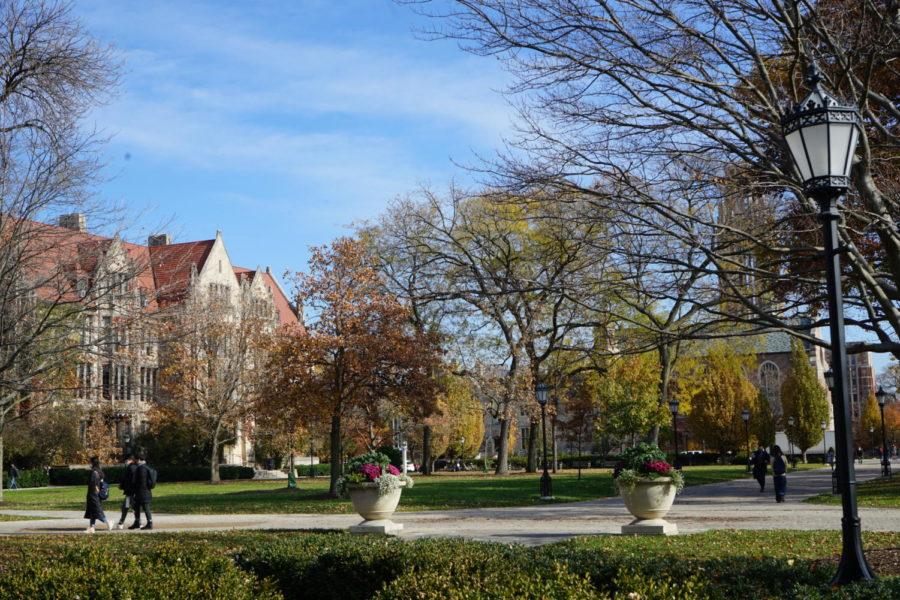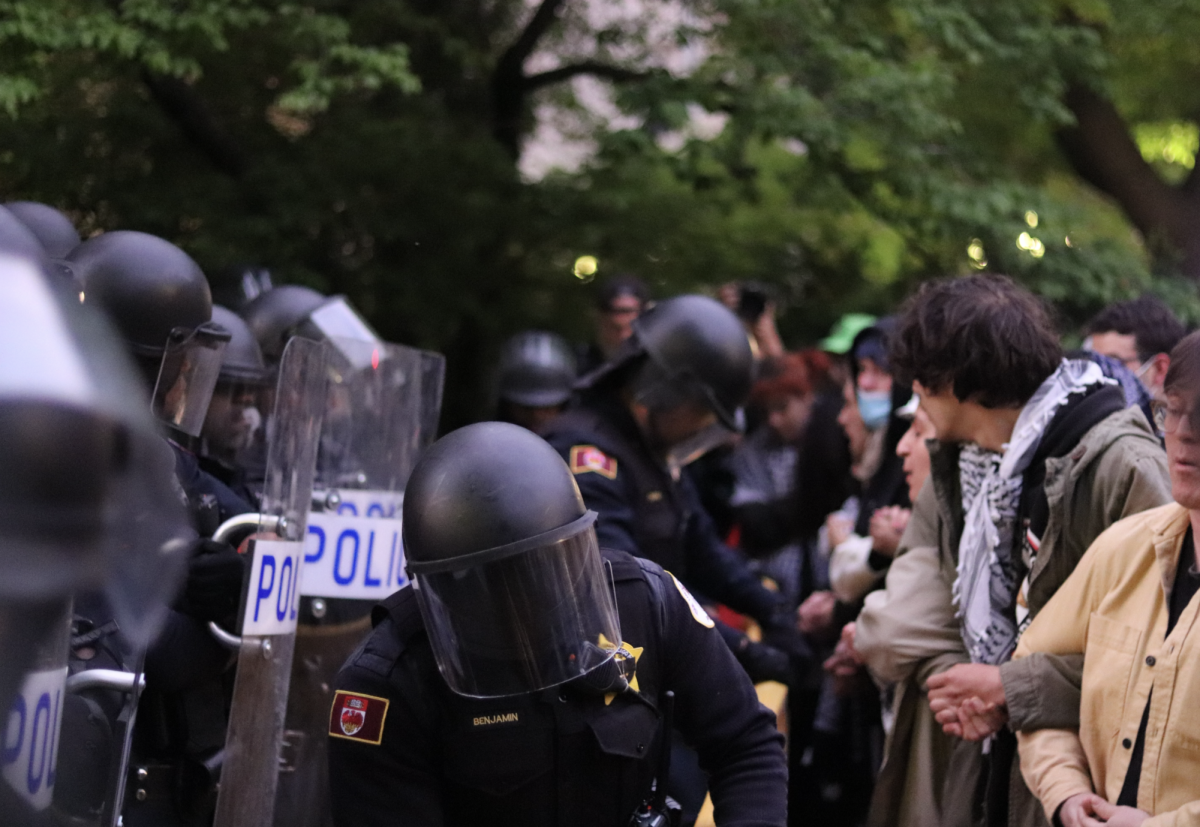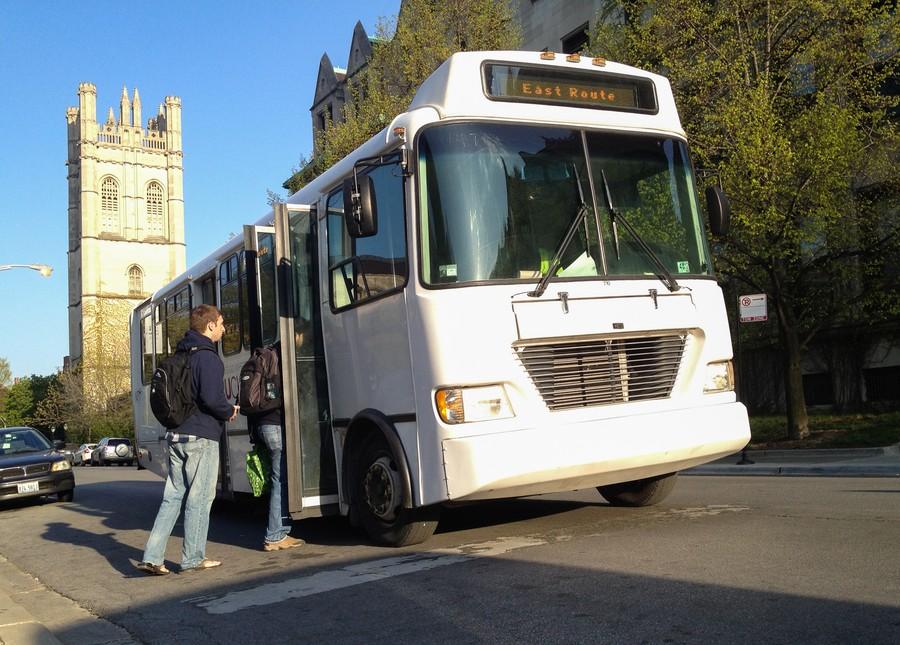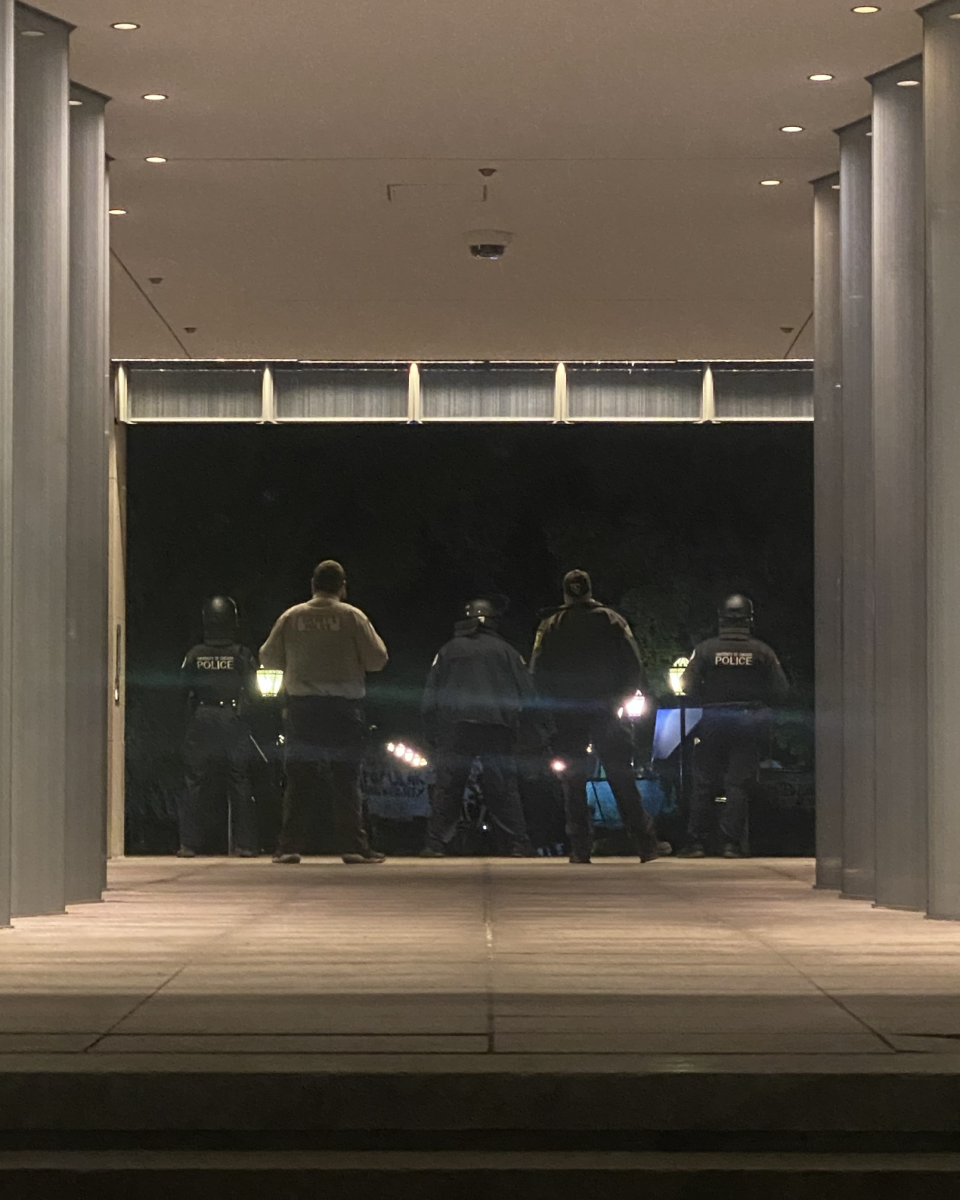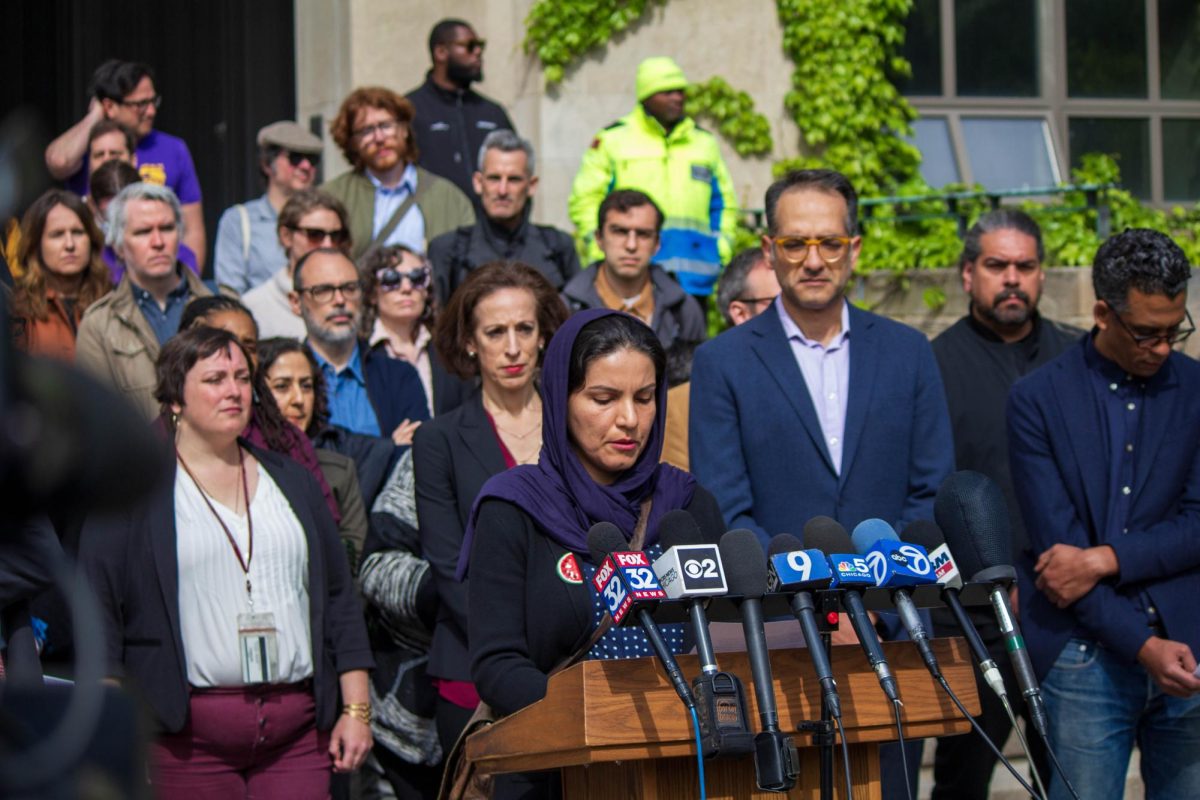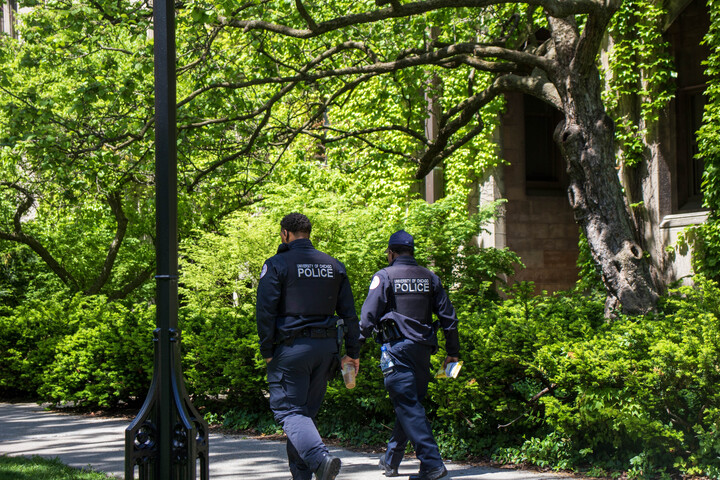In the realm of education, few tasks are as difficult as classroom management and discipline. The University of Chicago Education Lab’s recent National Bureau of Economic Research working paper, “From Retributive to Restorative: An Alternative Approach to Justice,” quantifies the impact of restorative practices on Chicago’s schools, offering a viable alternative to more traditional disciplinary policies like school suspension or expulsion.
“Restorative practices” (RP) is a conflict resolution philosophy borrowed from the criminal justice system advocating for repairing harm, emphasizing student accountability, and rebuilding relationships. The study, co-authored by Anjali Adukia, Benjamin Feigenberg, and Fatemeh Momeni, found an 18 percent decrease in out-of-school suspensions and a 19 percent reduction in child arrests among Chicago public schools that have implemented an RP coaching program.
Over the past decade, restorative practices have garnered attention from researchers and policy makers alike. In 2014, the Obama administration released guidelines seeking to reduce the use of exclusionary discipline practices in schools. Around the same time, school districts in Dallas and Chicago began to pilot restorative practice programs in their neighborhoods.
Chicago Public Schools’ Office of Social and Emotional Learning (OSEL) led the charge, using a grant from the U.S. Department of Justice (DOJ) to help with their rollout of RP programming. A crucial aspect to this journey was the provision of intensive coaching for teachers, going beyond surface-level adoption. “RP Coaches” met with teachers and administrators two to three times each week to provide educators with practical techniques to implement programming.
The authors studied the period from 2009 to 2019, comparing differences in student outcomes in schools where these practices were implemented versus not. The results are statistically significant: Alongside the decrease in arrests and out-of-school suspensions, there were improvements in perceptions of school climate and increased trust between students and teachers, as measured by Chicago Public Schools’ annual student surveys.
“Days that students are at school are more likely to be better days,” Adukia said in an interview with The Maroon.
Critics of restorative practices often raise concerns about its impact on class-wide academic outcomes, suggesting that keeping disruptive students in classrooms might hinder the learning experience for their peers. However, this paper challenges those fears. After the implementation of RP, the authors observed that students which might have faced suspension were present in the classroom more frequently. Encouragingly, they found no significant drops in average test scores, challenging the notion that alternatives to expulsion or suspension inevitably hamper academic achievement for the broader student body.
Another concern is the viability of a broader roll-out of RP in American schools. The paper cites that after DOJ funding ended in 2016, CPS reduced the number of RP vendors, scaled down coach engagement to one day a week, and limited the rollout of RP to fewer schools. The question then remains as to whether a broader implementation of RP programming can be effective and economically feasible.
In our interview, Momeni suggests that a follow-up cost-benefit analysis of the program is important, considering the potential cost savings of suspending students less frequently.
“Economists have tried for a long time to estimate the cost of crime and incarceration on society as a whole, and this reduction in arrests could potentially be cost saving in the long run,” she said.
Moreover, Momeni stresses that the study’s implications extend beyond cost savings. “After we released the paper,” she said, “we received a lot of emails from people who were really excited by this new research because they had faced challenges in their communities trying to convince parents and educators that this is an alternative and viable approach to classroom management.”
The study opens the door to various opportunities for further research. The authors mentioned that they are interested in exploring the long-term outcomes related to student decisions and graduation rates. Additionally, they are working with the CPS system to obtain additional data to understand the mechanisms behind the reduction in suspensions and arrests. “We hope to see the extent to which the documented impacts stem from actual student behavior, as opposed to changes in mindset of teachers and staff,” Adukia said.
In a world where traditional punitive measures have dominated the educational landscape, this research presents a transformative opportunity. It’s a chance to reshape the way we approach discipline, foster healthier school environments, and ultimately build a more inclusive and supportive educational system. “We recognize restorative practices is not a panacea, but it does present an opportunity for policymakers and practitioners to look at the promise of this work,” Adukia said.


